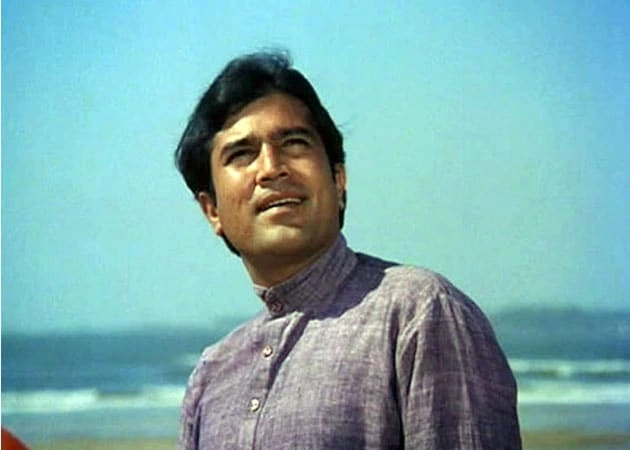Music has always been the heartbeat of Indian cinema, but some films took this tradition to extraordinary lengths. These Bollywood movies with most songs represent a golden era when storytelling through melody was considered essential. From intimate family celebrations to grand mythological tales, these films used music to express every emotion and advance every plot point.
The importance of songs in classic Bollywood musicals went far beyond entertainment. They served as narrative devices, character development tools, and cultural touchstones that connected with audiences across generations.
1. Indrasabha (1932) – 72 Songs, The Most Ever!
Indrasabha 69 songs might be what some sources claim, but the actual count is even more impressive. This 1932 masterpiece holds the Guinness World Record for featuring 72 songs, making it the Bollywood films with most songs champion that remains unbeaten to this day.
Directed by Jamahedji and Jehangirji Madan, this epic was based on the 19th-century Urdu play “Inder Sabha” by Agha Hasan Amanat. The film’s structure included 9 thumris, 31 ghazals, 13 proper songs, 4 Holi songs, 5 chhand, 5 chobola, and 5 normal songs.
Indrasabha musical history demonstrates how early Indian cinema embraced the stage play tradition where every character introduction required a song. Released just one year after India’s first talkie “Alam Ara,” this 3.5-hour film proved that audiences craved musical storytelling.
2. Hum Aapke Hain Koun – A Total of 14 Songs!
Hum Aapke Hain Koun songs redefined modern musical cinema with its 14-song soundtrack, an unusually large number of songs for that period. Sooraj Barjatya’s 1994 masterpiece used music to celebrate every milestone in Indian family life.
Bollywood movie with 14 songs became a cultural phenomenon where each celebration had its dedicated melody. From birthday parties to engagement ceremonies, baby showers to wedding festivities, every emotion found musical expression.
Hum Aapke Hain Koun music legacy extends beyond cinema into real Indian weddings. Songs like “Didi Tera Devar Deewana” and “Joote Do Paise Lo” became essential parts of actual wedding celebrations across the country.
3. Mother India – 12 Iconic Songs
Mother India songs showcase how music can elevate serious social drama to epic proportions. This 1957 classic featured 12 songs composed by the legendary Naushad, each serving the film’s powerful narrative about sacrifice and resilience.
Bollywood musical classics rarely achieve the perfect balance between entertainment and message that Mother India accomplished. Songs like “Duniya Mein Hum Aaye Hain” became anthems of hope and determination.
Duniya Mein Hum Aaye Hain and other tracks from the film demonstrated how music could enhance rather than interrupt serious storytelling. The film’s musical sequences never felt forced, instead flowing naturally from the emotional core of the story.
4. Bobby – 10 Superhit Songs
Bobby movie songs revolutionized Bollywood music with its fresh, youthful approach. This 1973 film featured 8 songs that launched not just Rishi Kapoor’s career but also introduced a new romantic musical style to Indian cinema.
Bobby music hits like “Hum Tum Ek Kamre Mein” and “Main Shayar To Nahin” became instant classics. The Laxmikant-Pyarelal composition perfectly captured teenage romance and rebellion.
Bollywood songs 8 hits from Bobby influenced countless future films. The movie proved that fewer songs could create bigger impact when each track served a specific purpose in character development and plot advancement.
5. Geet Gaya Patharon Ne – 9 Musical Gems
Geet Gaya Patharon Ne songs represented V. Shantaram’s artistic vision in this 1964 musical drama. The film featured 9 songs that blended classical Indian music with contemporary storytelling.
Bollywood musical with 20 songs was the initial plan, but the final version contained 9 carefully crafted compositions by Ramlal. Each song served the story of a sculptor’s son and his love for a classical dancer.
Classic Bollywood musicals like Geet Gaya Patharon Ne showed how music could be integral to character development. The songs weren’t just entertainment breaks but essential elements of the narrative structure.
The Importance of Music in Classic Bollywood Films
Bollywood music culture in these classic films reflected a time when songs were considered essential storytelling tools. Directors used musical sequences to express emotions that dialogue alone couldn’t convey.
Music in Bollywood cinema served multiple purposes beyond entertainment. Songs provided relief from intense drama, advanced romantic plots, and created memorable moments that audiences carried home.
Bollywood films with music legacy like these five movies established templates that influenced decades of Indian cinema. They proved that audiences embraced longer films when music enhanced rather than interrupted the storytelling experience.
Bollywood’s Musical Legacy – A Celebration of Songs and Storytelling
These Bollywood musical films represent an era when patience and appreciation for musical storytelling were cultural norms. Modern cinema may use fewer songs, but these classics remind us of music’s power to enhance emotional connection.
Classic Bollywood soundtracks from these five films continue to find new audiences through streaming platforms and nostalgic celebrations. Their influence on Bollywood music legacy remains evident in contemporary filmmakers who understand that great songs can elevate good stories to timeless status.
The tradition established by these Bollywood movies with most songs proves that when music serves story and emotion authentically, audiences will embrace any length of cinematic experience. These films remain testaments to the golden age when melody and narrative danced together in perfect harmony.


















